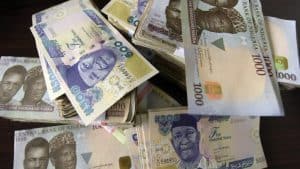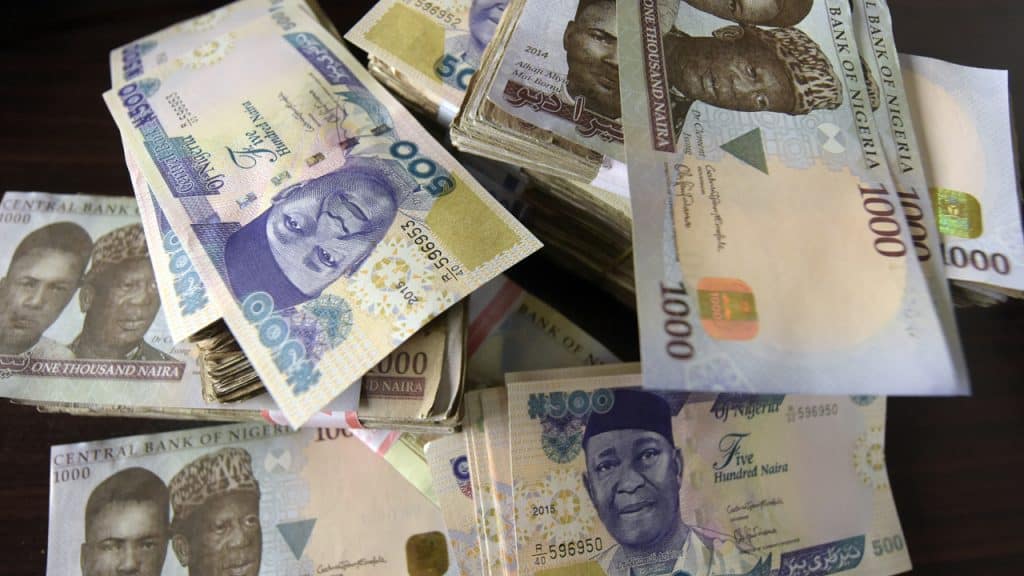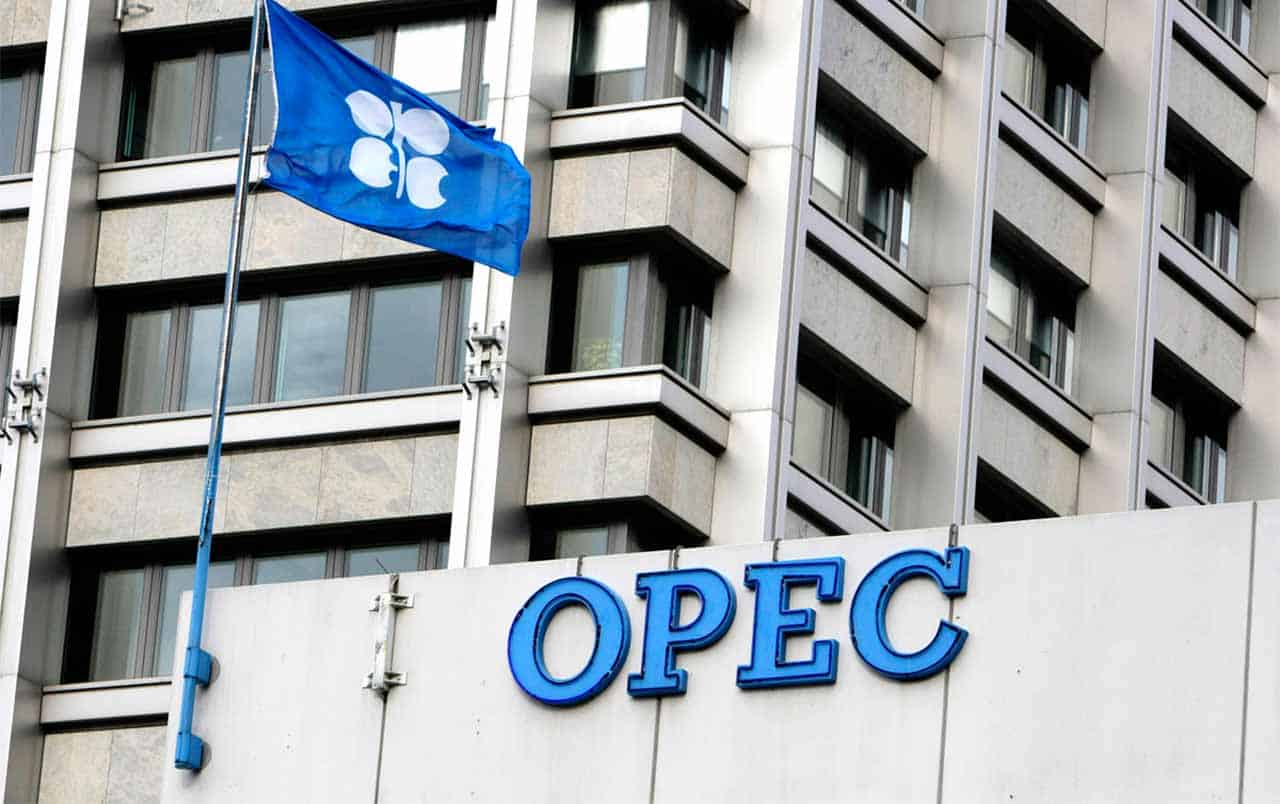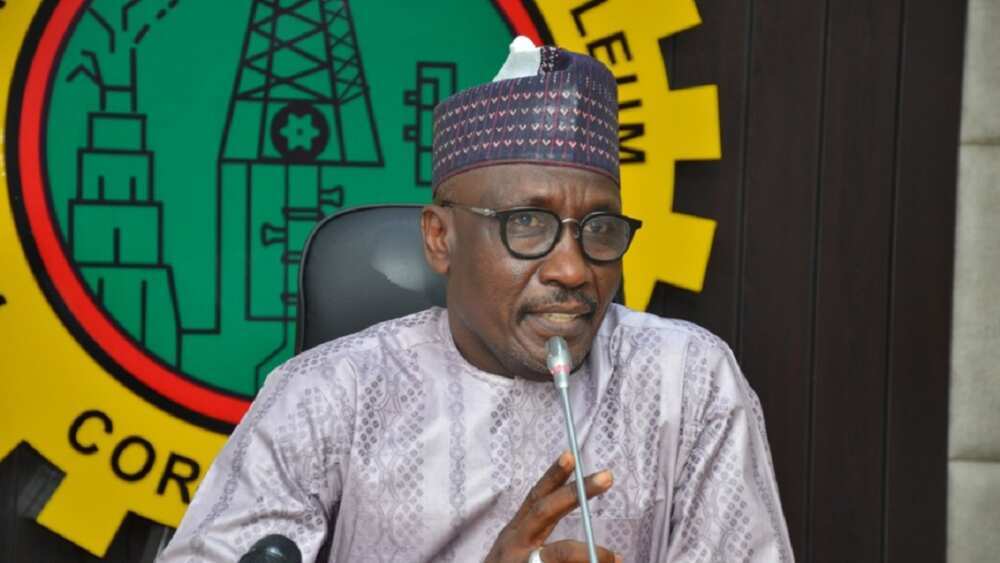The International Monetary Fund (IMF) has reported that the Nigerian naira is showing signs of stabilization, attributing this progress to recent interest rate hikes and interventions by the Central Bank of Nigeria (CBN) to address foreign exchange backlogs. The findings were detailed in the IMF’s latest Global Financial Stability Report, which was seen by The PUNCH.
The report highlighted that CBN’s efforts to clear overdue foreign exchange obligations have played a critical role in stabilizing the currency. It stated, “Rate hikes and the clearing of overdue central bank foreign exchange obligations have helped the naira show more signs of stability.”
However, despite these improvements, the naira experienced a slight decline, falling from N1,653.02 per dollar on October 22, 2024, to N1,654.09 per dollar on October 23, 2024—a marginal depreciation of 0.06%. Additionally, foreign exchange turnover dropped by 22.41%, reflecting ongoing liquidity challenges.
While the IMF noted these positive developments, the World Bank’s recent Africa’s Pulse report painted a more concerning picture, stating that the naira was among the worst-performing currencies in Sub-Saharan Africa in 2024. By the end of August 2024, the naira had depreciated by approximately 43% year-to-date, making it one of the weakest currencies alongside the Ethiopian birr and South Sudanese pound.
The continued depreciation of the naira is attributed to surging demand for US dollars in the parallel market, limited dollar inflows, and delays in foreign exchange disbursements by the CBN. These challenges have persisted despite foreign exchange reforms introduced by the Nigerian government, including the liberalization of the official exchange rate in June 2023.






